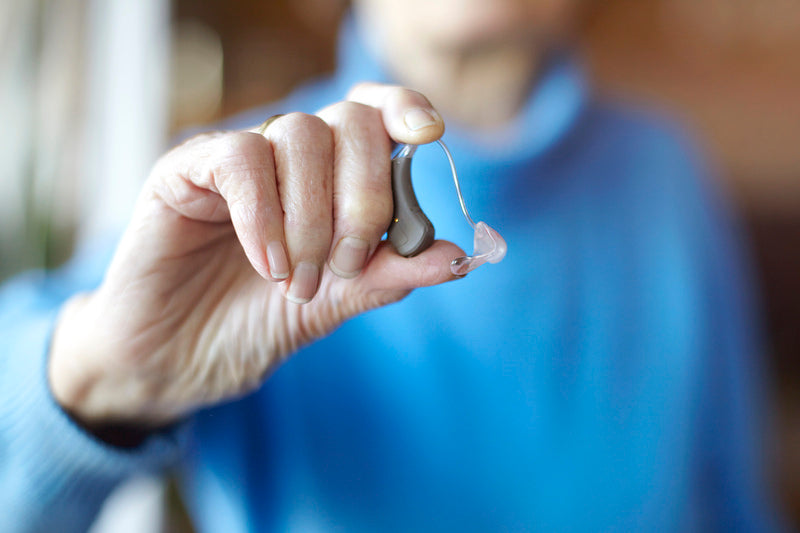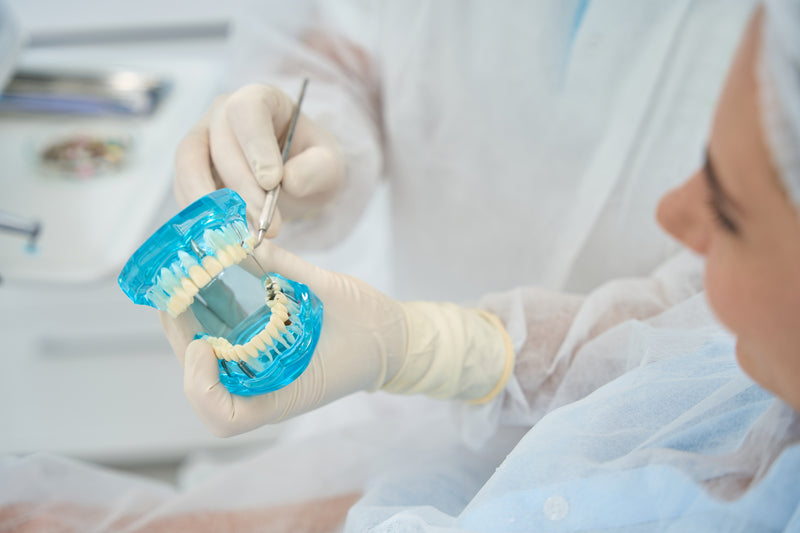Everything About Sleep Apnea
Sleep apnea is a common yet serious sleep disorder characterized by repeated interruptions in breathing during sleep. These interruptions, known as apneas, can last from a few seconds to minutes and may occur 30 or more times an hour.
Related Topics (Sponsored Ads):
Understanding sleep apnea, its causes, symptoms, diagnosis, and treatment options is crucial for managing the condition effectively and improving overall health and quality of life.
Types of Sleep Apnea
There are three main types of sleep apnea:
1. Obstructive Sleep Apnea (OSA)
OSA is the most common type of sleep apnea. It occurs when the muscles at the back of the throat relax excessively, causing the airway to narrow or close completely. This obstruction restricts airflow, leading to pauses in breathing.

2. Central Sleep Apnea (CSA)
CSA is less common and occurs when the brain fails to send proper signals to the muscles that control breathing. Unlike OSA, there is no physical blockage in the airway; instead, the problem lies in the central nervous system.
3. Complex Sleep Apnea Syndrome
Also known as treatment-emergent central sleep apnea, this condition occurs when someone has both obstructive and central sleep apnea.
Symptoms of Sleep Apnea
Recognizing the symptoms of sleep apnea is essential for early diagnosis and treatment. Common symptoms include:
Loud Snoring
Snoring is a common symptom of OSA. However, not everyone who snores has sleep apnea. Snoring associated with sleep apnea is typically loud and interrupted by pauses and gasps.
Episodes of Breathing Cessation
Witnessed episodes of breathing cessation during sleep, often noticed by a bed partner, are a key indicator of sleep apnea.
Gasping or Choking
Waking up suddenly with a sensation of gasping or choking is a sign of sleep apnea. This occurs when the brain senses a lack of oxygen and prompts the person to wake up and resume breathing.
Excessive Daytime Sleepiness
Feeling excessively sleepy during the day, even after a full night's sleep, is a common symptom. This is due to the fragmented sleep caused by frequent awakenings.
Morning Headaches
Waking up with headaches is a symptom of sleep apnea. The headaches are often due to the low oxygen levels and increased carbon dioxide levels in the blood during apneas.
Difficulty Concentrating
Sleep apnea can lead to cognitive impairments, including difficulty concentrating, memory problems, and reduced attention span.
Irritability and Mood Changes
Chronic sleep deprivation caused by sleep apnea can lead to irritability, mood swings, and even depression.
Treatment Options for Sleep Apnea
Treatment for sleep apnea aims to restore regular breathing during sleep, alleviate symptoms, and improve overall health. Common treatment options include:
1. Continuous Positive Airway Pressure (CPAP) Therapy
CPAP therapy is the most common and effective treatment for OSA. A CPAP machine delivers a constant stream of air through a mask, keeping the airway open during sleep.
2. Lifestyle Changes
Making certain lifestyle changes can help reduce the severity of sleep apnea:
- Weight Loss: Losing excess weight can significantly improve or even eliminate OSA.
- Avoiding Alcohol and Sedatives: Reducing or eliminating alcohol and sedative use can help prevent airway obstruction.
- Sleep Positioning: Sleeping on the side instead of the back can reduce the risk of airway blockage.
3. Oral Appliances
Oral appliances are custom-fitted devices worn during sleep to keep the airway open. They are an alternative to CPAP for mild to moderate OSA.
4. Surgery
Surgical options may be considered for patients who do not respond to other treatments or have anatomical issues causing sleep apnea:
- Uvulopalatopharyngoplasty (UPPP): Removes excess tissue from the throat to widen the airway.
- Genioglossus Advancement (GA): Repositions the tongue muscle attachment to prevent airway collapse.
- Maxillomandibular Advancement (MMA): Repositions the upper and lower jaws to enlarge the airway space.
5. Adaptive Servo-Ventilation (ASV)
ASV is a treatment for CSA that adjusts airflow based on the patient's breathing patterns. It helps maintain stable breathing during sleep.
6. Medications
While not typically the first line of treatment, medications may be prescribed to manage underlying conditions contributing to sleep apnea, such as nasal congestion or hypothyroidism.
Complications of Untreated Sleep Apnea
Untreated sleep apnea can lead to severe health complications, including:
- Cardiovascular Problems: Increased risk of hypertension, heart attack, stroke, and atrial fibrillation.
- Daytime Fatigue: Severe daytime sleepiness can lead to accidents and impair daily functioning.
- Diabetes: Sleep apnea is associated with insulin resistance and an increased risk of type 2 diabetes.
- Liver Problems: Fatty liver disease and elevated liver enzymes can be linked to sleep apnea.
- Metabolic Syndrome: A cluster of conditions, including hypertension, high cholesterol, and abdominal obesity, associated with sleep apnea.
Conclusion
Sleep apnea is a serious condition that can significantly impact health and quality of life. Recognizing the symptoms, understanding the risk factors, and seeking timely diagnosis and treatment are crucial steps in managing sleep apnea effectively. With appropriate treatment, individuals with sleep apnea can achieve better sleep, improved health, and a higher quality of life. If you suspect you or a loved one may have sleep apnea, consult with a healthcare provider for a comprehensive evaluation and personalized treatment plan.




